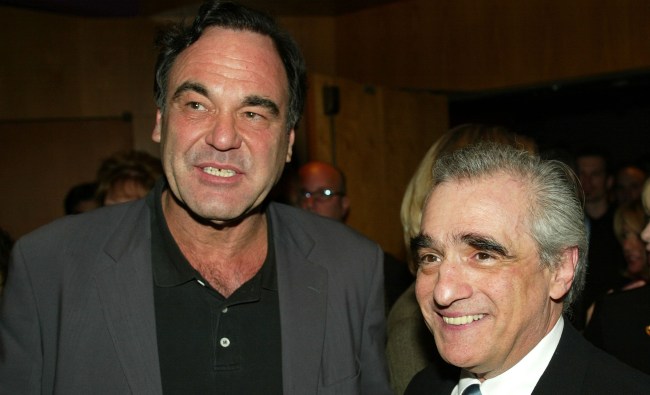
It must first be mentioned: addiction to substances is a serious manner, one not to be taken lightly. This piece is in no way making light of or diminishing the disastrous effect that drugs and alcohol can take on one’s professional and personal life. With that said, it’s also foolish to view usage through that lens. Many believe that a substance can help unlock their thoughts, or quiet the “editing” part of their brain without additional hazards — that can be true for some. But, there are also those for which the substances eventually take over all areas of life, and more than just the creative process succumbs to the cataclysmic properties of addiction. Here are some instances of both cases with filmmakers…
Lars von Trier
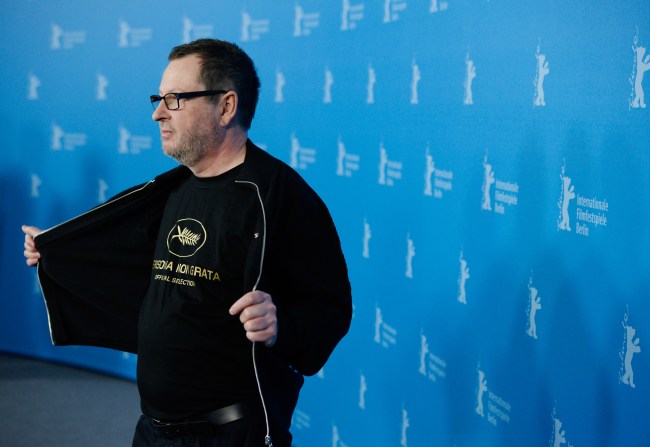
Von Trier’s case is one of the most recent instances in which an auteur has tried to distance himself from a history of substance abuse. The writer-director responsible for dark and disturbing features like Antichrist — which contains scenes of penis mutilation and dead animals — similarly does not have a positive outlook on the circumstances surrounding his fight to abstain from drugs and alcohol. “No creative expression of artistic value has ever been carried out by former alcoholics and drug addicts,” von Trier said to the Politiken in an interview last November.
The director was drinking a bottle of vodka per day, and mixing it with other substances to fuel his work. Despite his belief that his creative process will no longer retain the value it had, von Trier recognizes that his addiction was likely going to kill him. “I can’t recommend anyone to do the same. It is very dangerous and stupid in every way.”
Oliver Stone
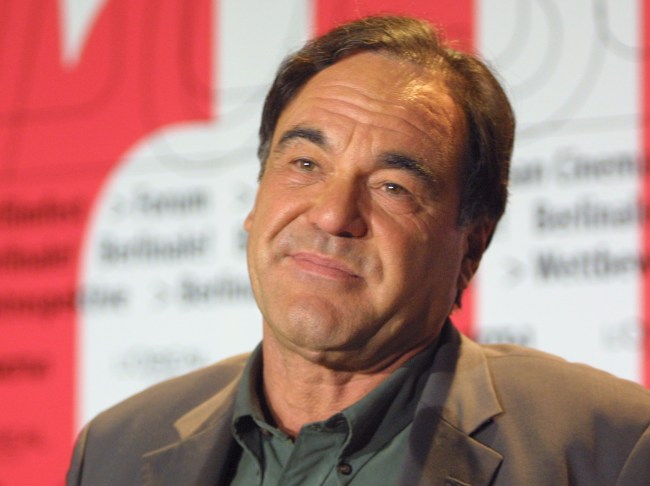
Unlike others who have admitted that drugs have hindered their ability to produce, Stone — one of the most successful auteurs Hollywood has ever produced — is comfortable entertaining a variety of substances. Many of the films he has written or directed (Savages, Scarface) similarly deal with drugs either as a vehicle of abuse or as a financial instrument. In a 2012 interview with The Hollywood Reporter, Stone listed off his favorites:
I believe the grass is God’s gift. California makes the best in the world now. When I was a kid, it was Vietnamese, it was Thai, Jamaican for a while. All my life I’ve been doing it, off and on. I can stop marijuana. I can [go without it] for weeks and weeks. I’m not addicted, but I enjoy it. I also enjoy alcohol. Cocaine, I stay away from. But I believe in LSD, mescaline, mushrooms, ayahuasca. You ever heard of ayahuasca? It’s a very strong juice that comes from the rubber trees. Ecstasy is great, too.
(Personal note: A gentleman I knew from my previous life in film production once told me a story of his time spent working with Stone on a film. The tale involved Stone snorting a substance in a car while being driven either to or from a film set, but the gist of the story was that Stone had no qualms using drugs either publicly or privately. With no possible way to corroborate, take this with a grain of salt [or cocaine].)
John Cassavetes
In a 1984 interview with People magazine, writer-director-actor John Cassavetes said, “I’ve had a lot to drink in my life, and my liver just went bananas.”
Generally considered one of the champions of American indie cinema, Cassavetes’ films (Faces, Husbands) are routinely studied in film courses. Other than cinema, though, alcohol was the other love in John’s life. In the same year as the People feature and the release of his picture Love Streams, he was told that he had cirrhosis of the liver and only months to live. The Oscar-nominated auteur defied the prognosis of his doctors and lived for five more years, eventually falling to the liver ailment at age 59 in 1989.
Martin Scorsese
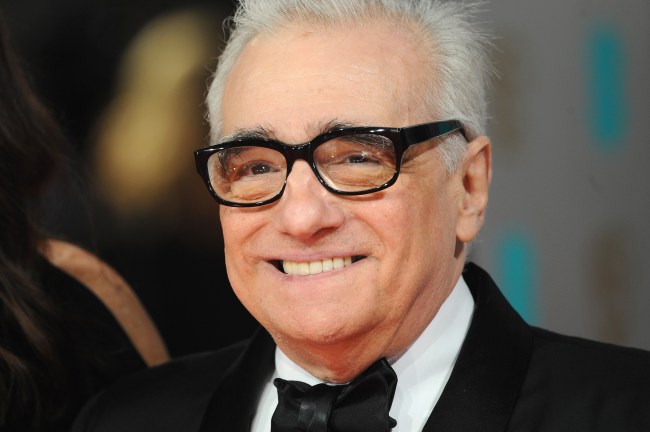
In Peter Biskind’s Easy Riders, Raging Bulls, Martin Scorsese came clean about his dangerous addiction to cocaine, quaaludes, and alcohol in the 70s. “At first you felt like you could make five films at once. And then you wound up spending four days in bed every week because you were exhausted and your body couldn’t take it.”
Even John Cassavetes noticed Scorsese was close to destroying his career. At a party, he pulled the Taxi Driver director aside. “Whatsamatter with you? Why are you doing this, ruining yourself? You’re f*cking up your talent. Shape up.”
A series of several incidents would lead to Scorsese finally giving up the drugs. One incident during the 1978 Telluride Film Festival saw the director rushed to the ER after he began bleeding from most of his orifices following an encounter with a bad batch of coke.
A doctor came running down to the ER carrying a sample of his blood, yelling “Is this your blood?”
“Yeah,” Scorsese replied, blankly.
“Do you realize you have no platelets?”
“I don’t know what that means.”
“It means you’re bleeding internally everywhere.”
“I want to get back to work.”
“You can’t go anywhere, you may get a brain hemorrhage any second.”
John Frankenheimer
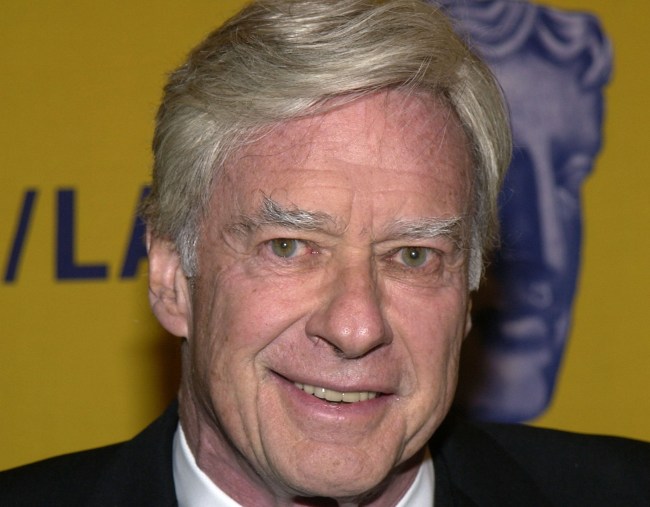
With films like The Train and The Manchurian Candidate, there were few directors in the 60s who could make spirited thrillers that appealed to both audiences and critics alike, but Frankenheimer was one of them. The director’s career began a steep decline late in the decade when his close friend Robert F. Kennedy was assassinated in 1968. Personal and professional failures led Frankenheimer to turn to alcohol to quell the pain. In 1998, he told the New York Times of his issues with the drink:
I had a drinking problem — it took a toll on me. And the state of mind you’re in when you have a problem like that, even when you’re not drunk, is the most dangerous time. Because you make decisions that are not totally in your best interest — about your life, about your career choices and everything.
He was able to win his battle with booze and experienced a career resurgence in the late 90s, directing the excellent spy thriller (with one of the greatest car chases ever) Ronin. Frankenheimer passed away in 2002 following complications from spinal surgery.
Mike Nichols
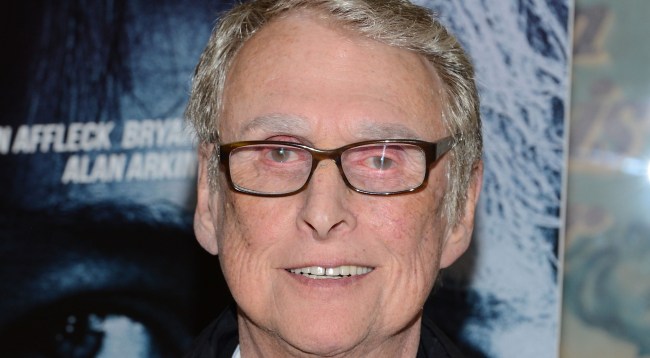
Eminem once recounted his struggle with sleeping medication on his track “Deja Vu” off the Relapse album:
And since I’m convinced that I’m insomniac,
I need these pills to be able to sleep, so I take three naps,
just to be able to function throughout the day let’s see
that’s an Ambien each nap, how many Valium? Three.
Many have battled with addiction to sleeping pills, and Mike Nichols — famed director of classics like The Graduate and Who’s Afraid of Virginia Woolf? — counted himself amongst the throng of sufferers. When he met Diane Sawyer — who would eventually become his wife — in 1986, Nichols was neck deep in an addiction to the powerful sedative Halcion. “(The drug) made me crazy, but no one knew it was because of the sleeping pill. It had depressive and then pre-psychotic effects.”
Nichols was in a state of hallucinatory madness, selling his possessions due to a belief that he was losing all of his money. The chance meeting with Sawyer at an airport changed all that. “I had loved other women before, but not like this.”
The director was able to kick the Halcion dependence with a doctor’s help. “…10 days later, I was fine, I was me again.”
Robert Altman

In the 70s, Robert Altman strung together a series of critical hits like M*A*S*H, McCabe & Mrs. Miller, and Nashville. But, in 1980, his production of the live-action Popeye had reportedly been plagued by rampant drug and alcohol use by the cast and crew alike. In a 1992 New York Times review of Altman’s The Player, the prolific auteur recounted his conflicts with alcohol.
I was a heavy drinker. But the alcohol affected my heart rather than my liver. So I stopped. And I miss it. I really like that kind of life. I smoke grass now. I say that to everybody, because marijuana should be legalized. It’s ridiculous that it isn’t. If at the end of the day I feel like smoking a joint I do it. It changes the perception of what I’ve been through all day.
The seven-time Oscar nominee continued to direct films into his 80s, and passed away due to leukemia the same year he released A Prairie Home Companion.






